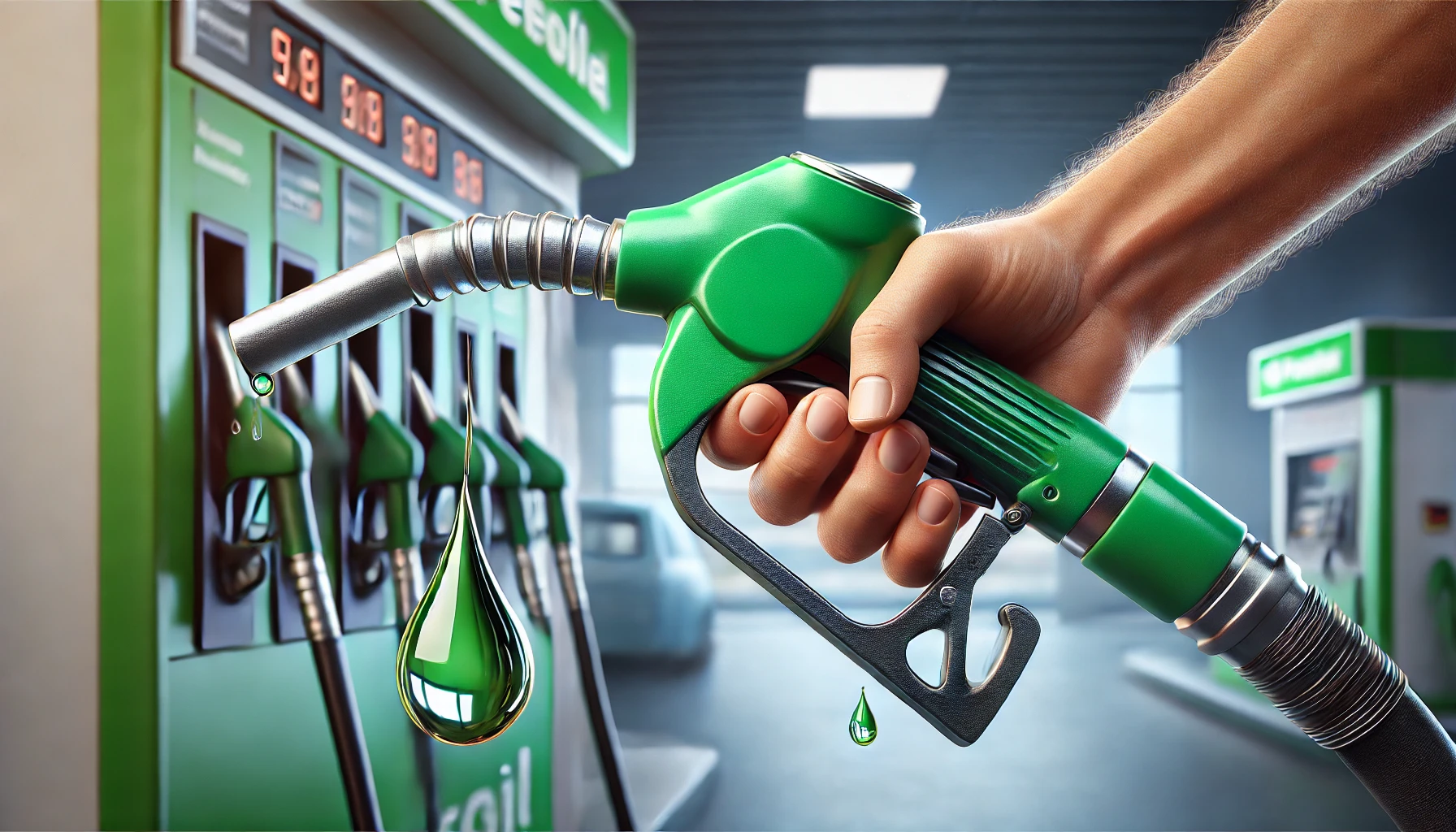Check out this answer from Consensus:
Petroleum is a broad term encompassing a complex mixture of hydrocarbons and other elements, serving as the source for various fuels. Petrol, or gasoline, is a specific, volatile derivative of petroleum used mainly in internal combustion engines. The distinction lies in their composition and specific applications, with petrol being a refined product of the more complex petroleum.
Petroleum and petrol (or gasoline) are terms often used interchangeably, but they refer to different substances within the broader category of fossil fuels. Understanding the distinctions between them is crucial for both scientific and practical applications.
Key Insights
- Petroleum Composition and Properties:
- Petroleum is a complex mixture of hydrocarbon compounds with traces of nitrogen, sulfur, oxygen, or metals. It serves as the raw material for various fuels, including petrol2.
- The terminology and definitions related to petroleum have only been standardized in recent decades, highlighting the complexity and diversity of its composition and uses2.
- Petrol (Gasoline) Specifics:
- Petrol, also known as gasoline, is a volatile and inflammable liquid derived from petroleum. It is primarily used for the internal combustion of engines in vehicles1.
- Occupational exposure to petrol can lead to significant health risks, including changes in liver enzymes, haematological changes, and a decline in lung function among workers at petrol stations1.
